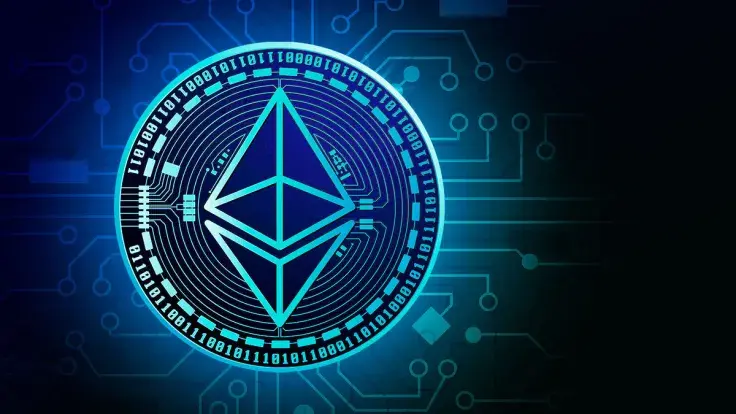
EIP 4844 or "Proto-Danksharding" is known as the most anticipated upgrade for Ethereum (ETH), the largest smart contracts blockchain. Besides being a game-changer in transaction fees economy, it is set to significantly increase the transactional capacity of L2s on Ethereum (ETH).
EIP 4844 to lower L2 fees by 7x, Ryan Berckmans says
Ethereum's EIP 4844 data blobs are expected to kick off in three months to greatly reduce L2 fees, Ethereum (ETH) veteran Ryan Berckmans stated on X. The drop in L2 transactional commissions will be accompanied by advanced bandwidth on the network.
Once launched, blob gas will not be competing with L1 execution gas, so the entire blob market should clear at substantially lower fees even if every blob is always sold. As a result, both cost-efficiency and throughput of Ethereum (ETH) will be increased by 600%.
With the EIP 4844 activation, L2 solutions of various types will scale Ethereum (ETH) in a novel way. Both solutions with ZK-secured validity proofs (Polygon zkEVM, Starknet) and hybrid optimistic rollups (Arbitrum Nova) will benefit from the upgrade and contribute to Ethereum (ETH) scaling.
This will be the next big thing for usability and accessibility of Ethereum (ETH), the investor says:
Ethereum's most accessible days are coming soon. In time for the bull!
Advertisement
As covered by U.Today previously, the Ethereum (ETH) community is expecting the EIP 4844 activation to make all of its L2s faster and cheaper.
More advances for Ethereum L2 rollups
The hotly anticipated upgrade is set to be confirmed in Q1, 2024, after a series of shadow forks and testnet updates.
Meanwhile, one more game-changing upgrade might unlock new opportunities for Ethereum (ETH) L2s. As U.Today reported, a proposal to add native account abstraction to Layer 2 solutions was released by developers the previous week.
RIP-7560: Native Account Abstraction is the first-ever rollup-specific performance upgrade proposal.
The implementation of AA in rollups would require three changes in smart contract accounts: EntryPoint address adjustment, validateUserOp function rewrite and some minor updates to transaction logics.

 Vladislav Sopov
Vladislav Sopov Dan Burgin
Dan Burgin